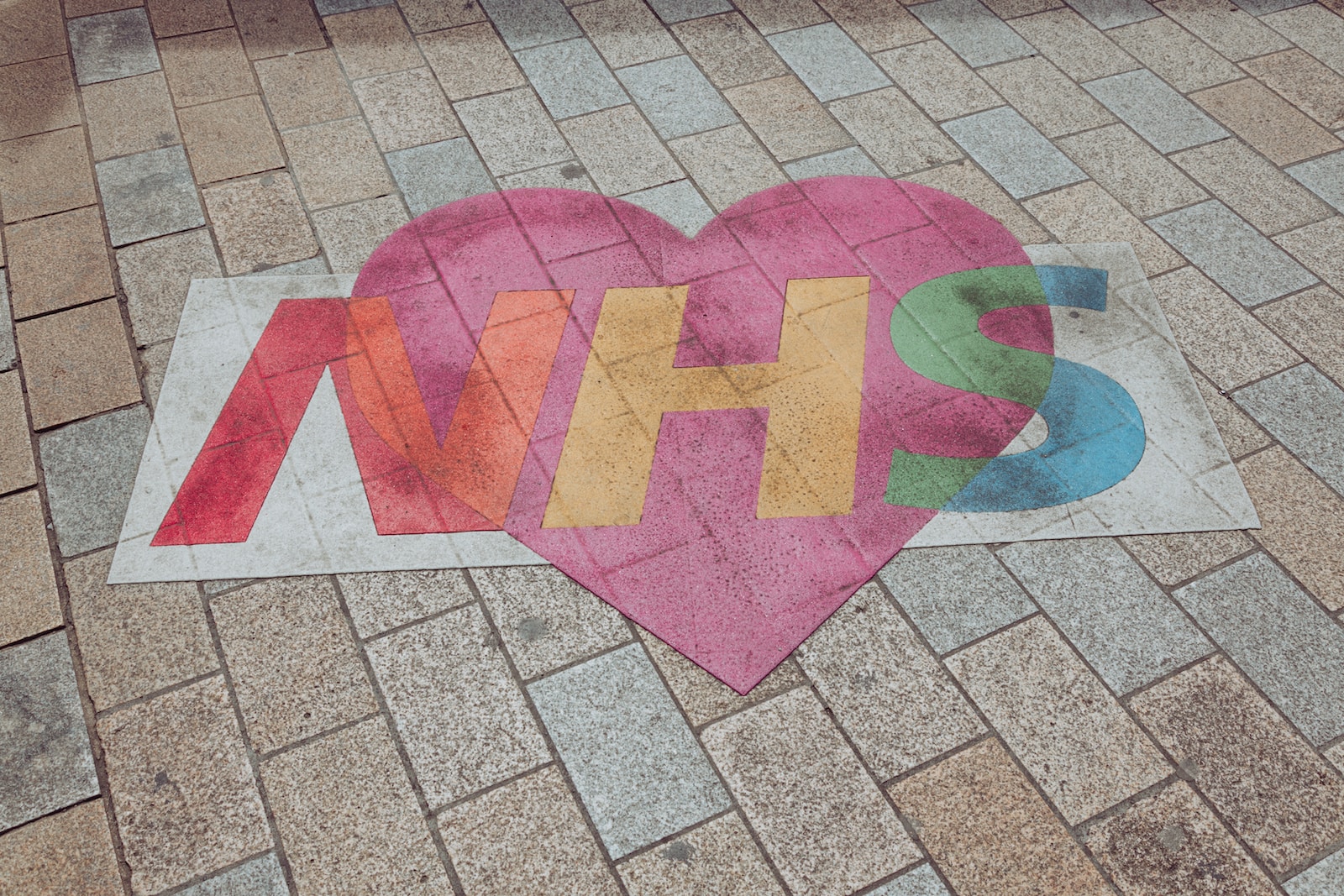Disruption to NHS healthcare costing Brits their ‘lives and livelihoods’, report shows
A third of British adults have found it difficult to get the healthcare they need through the NHS since the pandemic began, according to new research.
The report, by the left-wing Institute for Public Policy Research (IPPR) think tank), said this rose from 34% to 51% when just counting people with a life-limiting health condition.
This healthcare disruption is costing lives and livelihoods, polling for IPPR by YouGov found. Some 71% of those with a life limiting health condition who experienced difficulty getting NHS healthcare said this lack of access had directly undermined their wellbeing and economic prospects. This includes:
- One in two who said it reduced their ability to maintain hobbies and interests
- One in three who said it impacted on their social relationships
- Over one in four who said it increased their financial insecurity
- Around one in six who said it made it more difficult to find work, or stay in work
- Nearly one in five who said it reduced their ability to work the number of hours they’d like
The human and economic risks of poor access to healthcare are disproportionately borne by people with fewer financial resources, the report said. Twice as many people in social grades ABC1 said they had used some form of non-dental private healthcare since January 2020 (23%), compared to people in grades C2DE (10%).
Overall, one in six people (17%) said they had paid for some form of non-dental private healthcare since 2020. The most common reason given for this was to avoid waiting lists (41% of those who used private healthcare). This threatens to embed a two-tier system, where healthcare quality depends on what people can afford, the report warned.
Meanwhile one in four (27%) had used private dental care, bringing the total who had used private healthcare of any kind since the Covid-19 pandemic to nearly 40 per cent (37%).
While some have argued for a shift towards a more contributory healthcare system – or a shift to a social insurance funding model – the report said the public still overwhelmingly back the NHS’ founding principles.
The vast majority believe the NHS should remain free at the point of delivery (89%) and primarily funded through taxation (83%). This support extends across political parties, leave/remain voters and all age groups.
Almost half of society (45%) support increased taxes in order to pay for at least the current level of care and services, three times as many as support reducing government spending elsewhere to fund the NHS (15%), and over seven times as many as those who support reducing NHS spend to facilitate tax cuts (6%).
Moreover, the public actively support extending these principles to adult social care with 68% saying that social care should be fully or mostly funded by the government, and just four percent in favour of predominantly funding social care through service user charges. The majority want social care to be free at the point of use (78%), comprehensive (80%) and primarily tax funded (72%) like the NHS – with consensus extending across parties.
Chris Thomas, head of IPPR’s Commission on Health and Prosperity, said: ’The idea that we need to change the NHS’ funding model or core principles is for the birds. Instead, we need to adapt it to 21st century health realities: it’s not 1948 anymore, and a reactive healthcare model focused on acute need and hospital care simply won’t work.’
This news comes as the NHS are currently celebrating their 75th anniversary.
Image: Nicolas J Leclercq
















